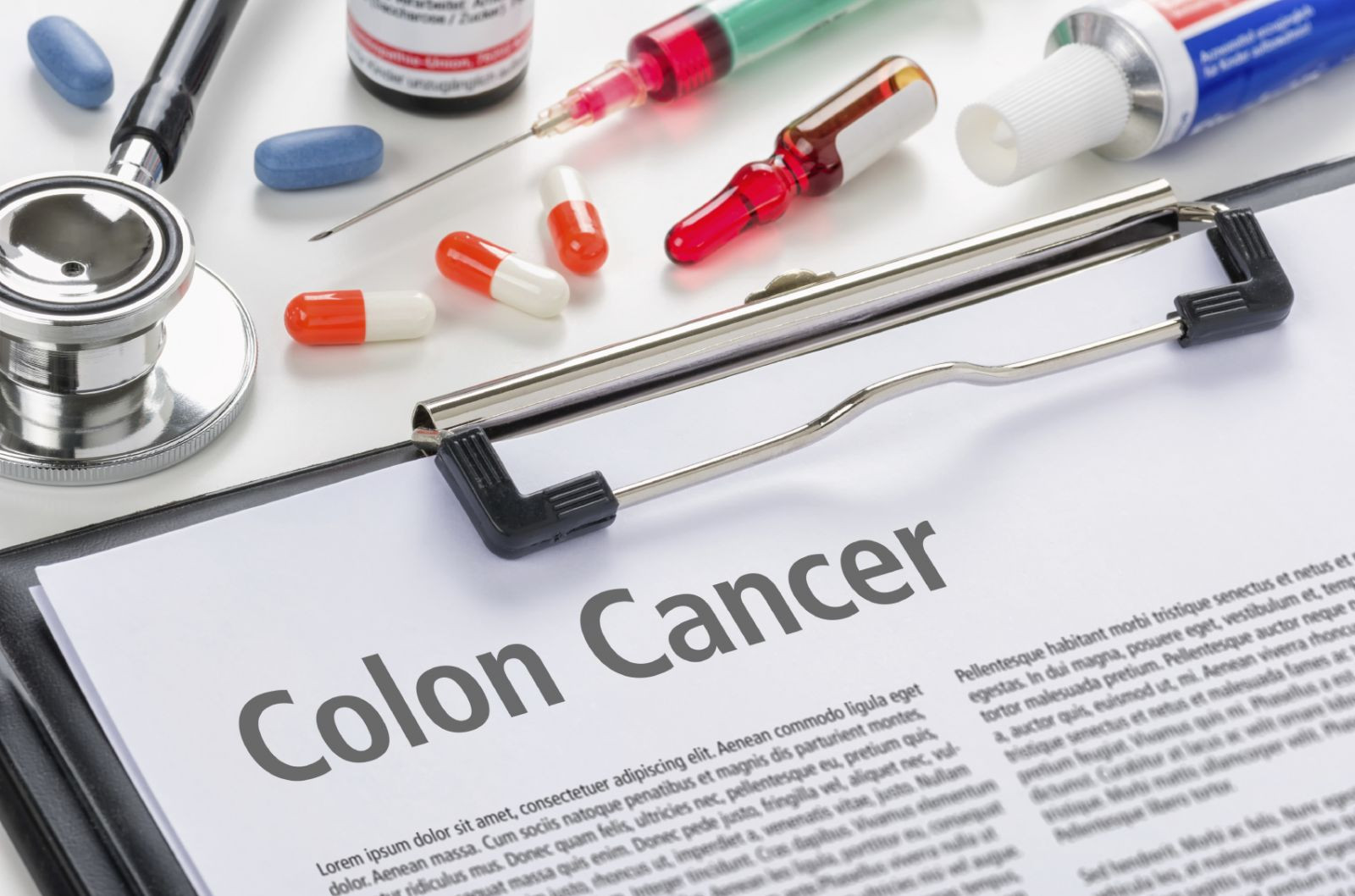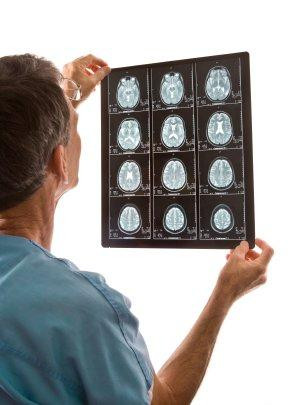
How does prostate cancer treatment affect mental health?

5 timeless habits for better health

What are the symptoms of prostate cancer?

Is your breakfast cereal healthy?

When pain signals an emergency: Symptoms you should never ignore

Does exercise give you energy?

Acupuncture for pain relief: How it works and what to expect

How to avoid jet lag: Tips for staying alert when you travel

Biofeedback therapy: How it works and how it can help relieve pain

Best vitamins and minerals for energy
Cancer Archive
Articles
The empowering potential of end-of-life care
There’s almost always something we can do to improve our health and well-being — even at the end of our lives. Palliative care is designed to improve the quality of life for people with life-threatening illnesses and their families by keeping a person comfortable and making sure his or her values and preferences guide the medical team’s actions. For this reason, good communication with your care team — and your loved ones — is essential, even before you or a loved one has developed a serious illness.
Taking new aim at cancer
Last year, only months after announcing that he had an aggressive form of melanoma, former President Carter declared that he was cancer free — thanks at least in part to a recently approved immunotherapy drug. Immunotherapy is a type of targeted therapy that helps boost the body’s own immune response to cancer. It does so while sparing healthy cells, thus minimizing side effects.
Taking aim at cancer
Image: Thinkstock
Targeted cancer therapies have limits, but some may offer a better option than standard chemotherapy.
Mention cancer treatment, and most men think of chemotherapy—complete with hair loss and extreme fatigue. But for some men, there is another option. Targeted therapies can sometimes treat certain cancers with fewer side effects and better outcomes.
Some prostate cancer treatments increase heart attack risk
In the journals
If you have suffered a heart attack and plan to undergo prostate cancer treatment, you may want to weigh the risks and benefits of androgen deprivation therapy (ADT). ADT decreases the amount of androgens in the body, which prostate cancer needs to grow and survive. It is also often used along with radiation therapy, and the combination has been shown to prolong survival in men with unfavorable-risk prostate cancer—defined as cancer with two or more high-risk factors, like a PSA level between 10 and 40 ng/mL, a Gleason score of 7 or higher, or biopsies with 50% or higher cancerous cells.
But a study in The Journal of the American Medical Association suggests that men who had a prior heart attack can increase their risk of a fatal one if they undergo both radiation therapy and ADT. Researchers compared overall survival and death from prostate cancer, fatal heart attack, and other causes in a group of 206 men with unfavorable-risk prostate cancer. The men received either radiation alone, or radiation and six months of ADT. The researchers also categorized the men into subgroups based on other health conditions, including heart disease.
Colon cancer testing: What's in it for you?
Image: iStock
Being checked for hidden colorectal cancer is a smart bet, though it's hard to say whether it will ultimately extend your life span.
Recently, the National Colorectal Cancer Roundtable—a national organization of medical groups, health care providers, government agencies, and patient advocates—launched the "80% by 2018" initiative. The goal is to convince more people to get screened for hidden colorectal cancer. Right now, about 65% of Americans do so.
Which mammogram guidelines should I follow?
Ask the doctor
Q. I'm a 48-year-old woman, and I've never had a mammogram. Different guidelines seem to say different things. What do you recommend?
A. You're right, there are several different guidelines. Probably the two most often consulted by doctors are those of the U.S. Preventive Services Task Force (USPSTF) and the American Cancer Society (ACS). Recent changes by the ACS bring its recommendations nearer to those of USPSTF. They disagree slightly about you. ACS says you should have a mammogram (because you are over 45), but USPSTF says to begin at age 50. Both expert committees stress that these recommendations apply only to women who are not at extra risk of breast cancer (extra risk includes, for example, having a parent, sibling, or child who's had breast cancer). If a woman is at extra risk, she should start getting mammograms earlier.

How does prostate cancer treatment affect mental health?

5 timeless habits for better health

What are the symptoms of prostate cancer?

Is your breakfast cereal healthy?

When pain signals an emergency: Symptoms you should never ignore

Does exercise give you energy?

Acupuncture for pain relief: How it works and what to expect

How to avoid jet lag: Tips for staying alert when you travel

Biofeedback therapy: How it works and how it can help relieve pain

Best vitamins and minerals for energy
Free Healthbeat Signup
Get the latest in health news delivered to your inbox!
Sign Up










